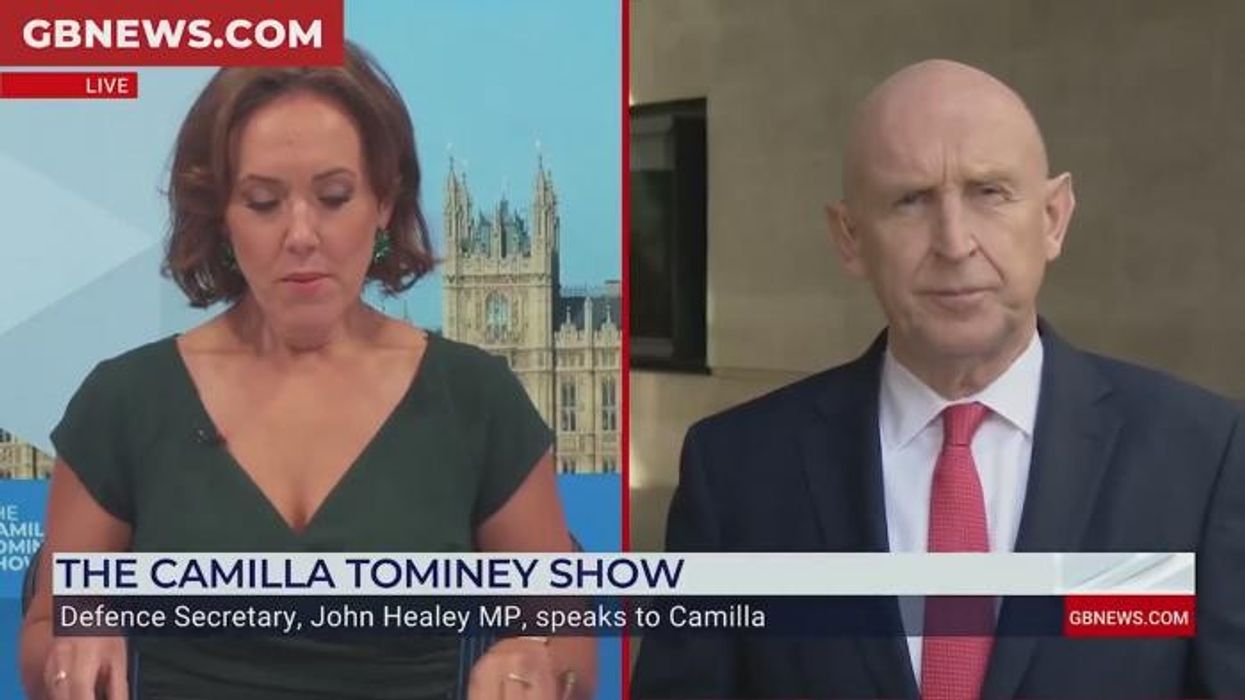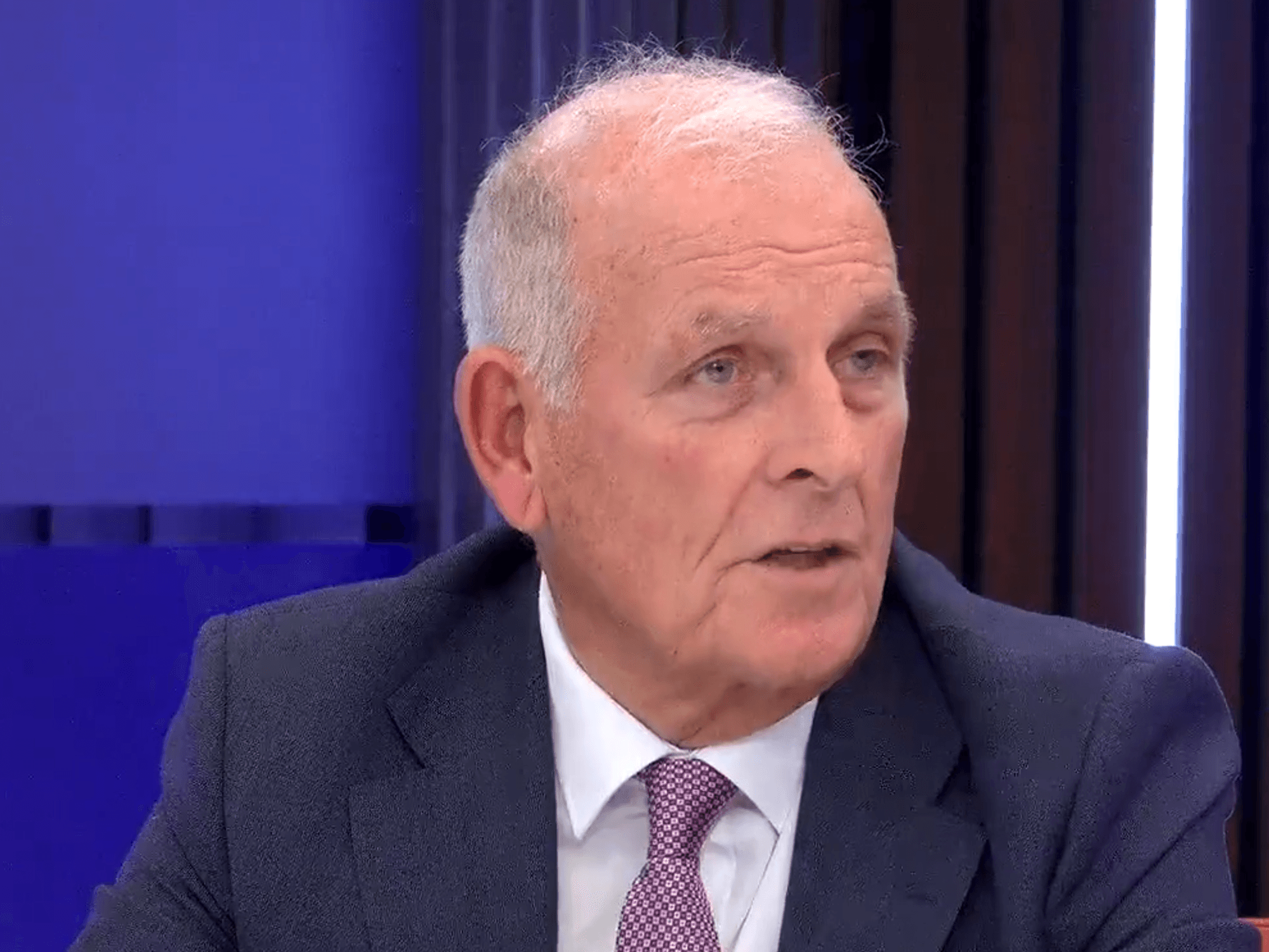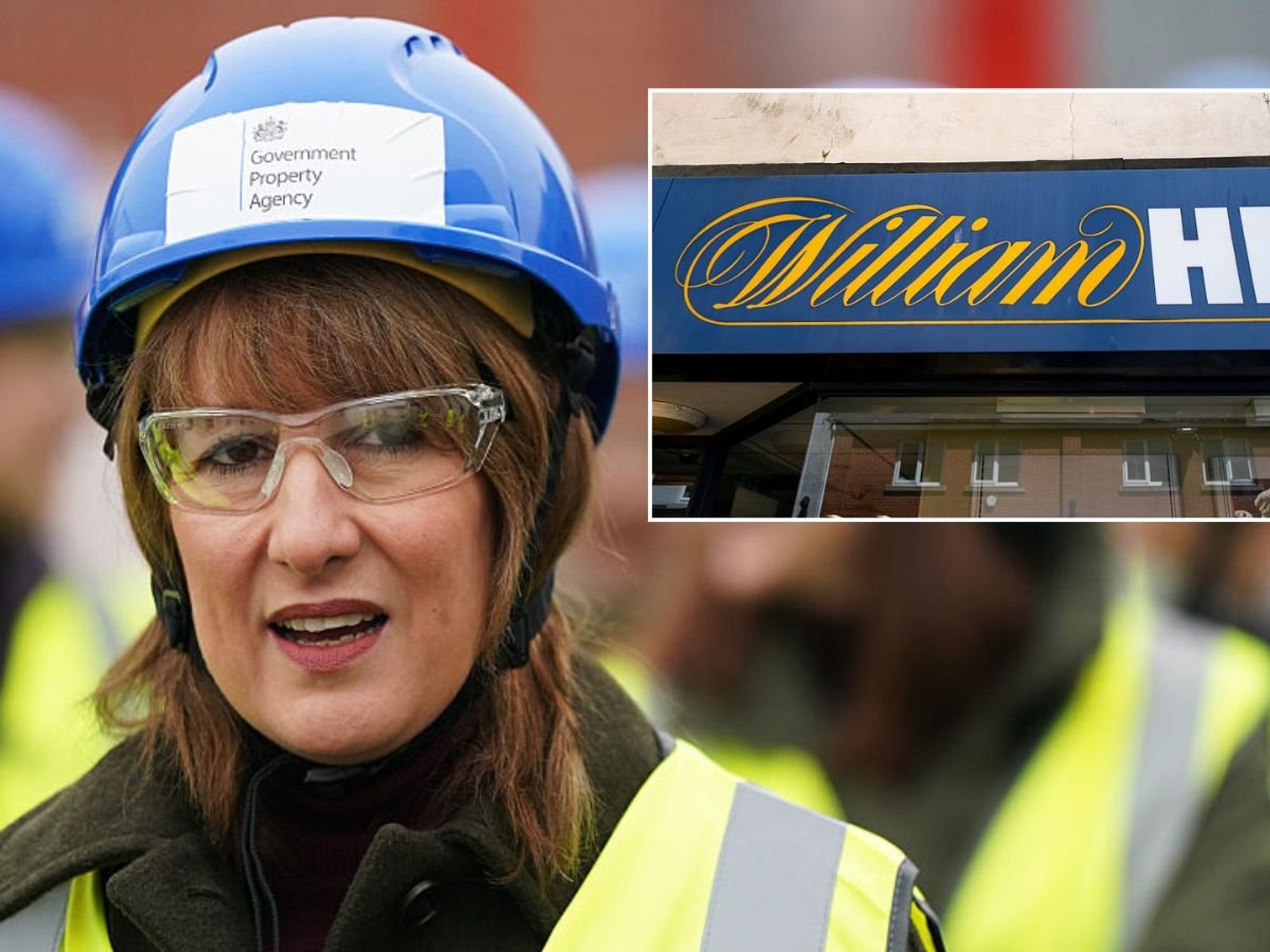Keir Starmer faces fresh crisis as two connecting storm clouds could soon tear Labour apart at the seams

GB
The Prime Minister is facing a battle for the heart and soul of the Labour Party, writes GB News presenter Olivia Utley
Don't Miss
Most Read
Trending on GB News
The sun has been shining on the TUC conference down in Brighton this week – literally, if not metaphorically.
Two connecting storm clouds have been looming over the annual trade union jamboree: the Workers’ Rights Bill, which is returning to Parliament this month, and the election of Labour’s new deputy leader.
Speaking to union leaders, it is clear that they believe the future of the Labour party – and their place within it – all hinges on the next few months.
Why? Because the departure of Angela Rayner is a moment of reckoning. The deputy prime minister and deputy leader of the Labour Party was the architect of the workers’ rights bill, and union leaders are terrified that her departure puts the future of the bill in jeopardy.
They are right to be worried.
The bill is unpopular with UK businesses, who are deeply concerned about the cost it could incur – estimated to be in the region of £5billion a year.
Of particular concern are the clauses which would enshrine in law unfair dismissal protection from the first day of employment, compel companies to offer statutory sick pay from day one, and extend the ban on zero hours contracts to agency workers.
Businesses worry that such provisions would make it near impossible to sack staff who were underperforming, with predictable effects on their bottom lines.
Unsurprisingly, given Labour’s huge parliamentary majority, the bill sailed through the Commons at first and second reading
But the Lords are more circumspect. Before the summer recess, peers backed by 304 votes to 160 a Conservative amendment to reduce the qualifying period for unfair dismissal claims from two years to six months, rather than from day one, as laid out by the outgoing deputy prime minister.
And where does the Government stand on all this?

Keir Starmer faces a fresh crisis as two connecting storm clouds could soon tear Labour apart at the seams
|Getty Images
Well, the reshuffle last week gives us a pointer: employment minister and champion of the bill, Justin Madders, was quietly deposited on the backbenches.
And Pat McFadden, a Blairite who took a tough line with underperforming civil servants in his previous role as civil service minister, has been promoted to a beefed-up department encompassing both work and skills.
Sir Keir, it can be surmised, may have concerns about the effect on UK businesses – and on growth – if the bill is pushed through in its entirety.
It has not gone unnoticed, too, that the Prime Minister is not present at the congress this week, despite having attended four of the last five TUC meet-ups.
Speaking to me yesterday, Jo Grady, the outspoken General Secretary of the University and College Union, went as far as to call his absence a “misstep”.
So, with relations between the Labour party leader and the unions looking more strained than ever, the spotlight is on the race for deputy leader.
Sir Keir's ally, education secretary Bridget Phillipson, has put her name in the ring. And given that any candidate needs the backing of 80 MPs to get to the next stage of the election, it’s very possible that she will win coronation style.
She was here at the Congress yesterday, and got a resounding cheer when she promised that the government would reject any “watering down” of the bill in the Lords.
If she holds true to her word, the increasingly fragile relationship between the Labour government and the unions could be patched up – at least for a few more months.
But with pressure growing on the PM to fulfil his election promises to businesses – against a bleak economic backdrop – any bill which could stymie growth must surely be the subject of robust debate.
With the unions flexing their muscles on one side and business leaders pushing from the other, the Prime Minister is facing a battle for the heart and soul of the Labour Party.










